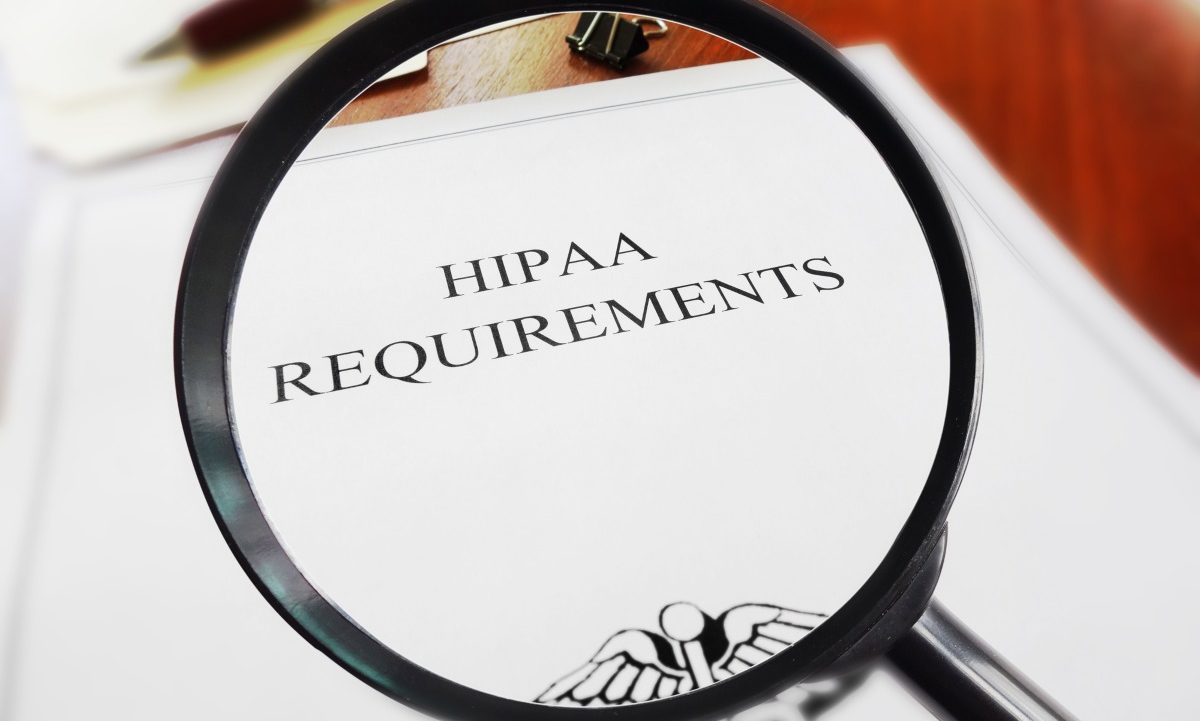HIPAA, short for the Health insurance Portability and Accountability Act, was signed into law in 1996. Lawmakers created it to ensure that healthcare providers take all steps necessary to safeguard patients’ protected health information (PHI). In today’s quickly changing and heavily technology-dependent world, these safeguards are essential.
What’s Required by HIPAA?
 HIPAA doesn’t just apply to doctors. It applies to anyone who works in the medical or associated fields, including air medical transport professionals. Any organization that handles your PHI must have data security measures to ensure it is protected.
HIPAA doesn’t just apply to doctors. It applies to anyone who works in the medical or associated fields, including air medical transport professionals. Any organization that handles your PHI must have data security measures to ensure it is protected.
Every top medical air transport service must have administrative, technical, and physical safeguards in place to ensure compliance. Medical transport companies must provide patients with documentation of those safeguards. The results of non-compliance can be devastating for both patients and care providers.
They may include any of the following:
- Fines ranging from $100 to $50,000 per violation for providers
- Criminal charges resulting in jail time for providers
- Loss of personal privacy for patients through data leaks
- Potential for identity theft
- Damage to the trust required to build a healthy patient-provider relationship
Are All Transport Services Considered Covered Entities?
 Businesses and organizations that handle PHI are referred to in legal jargon as “covered entities.” Not all transport services fall under this category. If you’re looking for air medical transport, it’s crucial to find a service that does.
Businesses and organizations that handle PHI are referred to in legal jargon as “covered entities.” Not all transport services fall under this category. If you’re looking for air medical transport, it’s crucial to find a service that does.
Only covered entities are allowed to handle patients’ PHI. That means if you’re in transit and a medical emergency arises, the company’s workers can get access to your health records. For many patients, a transport service’s ability to access PHI can make a life-or-death difference. Never rely on a regular transportation service when medical care may be necessary.
Why Transport Service Providers Should Take HIPAA Seriously
Avoiding hefty fines provides an excellent incentive for covered entities to ensure compliance. That shouldn’t be the only reason they go out of their way to protect patients’ PHI. HIPAA was enacted to create data protection standards that contribute to a culture of security and safety. Ensuring compliance now helps mitigate the risk of data breaches and allows companies and organizations to defend against future threats.
How Transport Service Providers Ensure Compliance
 HIPAA compliance takes more than just a culture of respect for patient privacy. Companies must take distinct steps to ensure that they have appropriate safeguards in place.
HIPAA compliance takes more than just a culture of respect for patient privacy. Companies must take distinct steps to ensure that they have appropriate safeguards in place.
These steps include:
- Developing a privacy policy
- Appointing privacy officers
- Conducting risk assessments
- Adopting digital communication policies
- Employee training
- Providing notices of privacy practices to patients
- Entering into valid agreements with business associates
- Developing protocols for potential data breaches
- Proper implementation of privacy policies
- Creating and enforcing sanctions for employees who violate HIPAA standards
Medical Transport You Can Trust
Looking for a long-distance medical transport service you can trust to treat your PHI with the utmost respect? Turn to Medical Transport Services. You’ll get more than just professionalism and HIPAA compliance. These skilled experts will treat every patient with the utmost courtesy and care.

